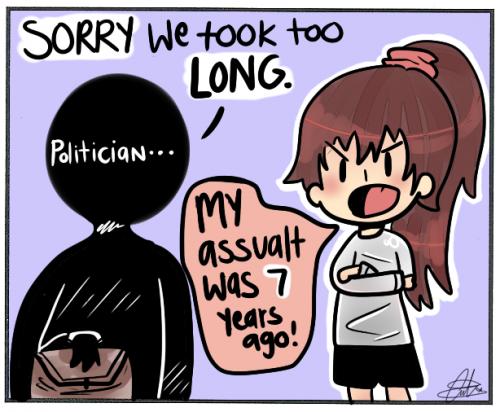‘Yes Means Yes’: Voice to College Student

SARA HERNANDEZ
SHELLEY LIN
Staff Writers
Students are impacted by their college experience in many ways — through homesickness and financial, educational and social adjustments. These experiences can range from “a whole new world” status to “unimaginably heinous.” One of the largest issues in colleges and universities is the growing number of rape instances on campus. One in every five college students has experienced a type of sexual assault, according to the 2007 federally funded Campus Sexual Assault Study. Recently, the California legislature unanimously approved California SB-967, also known as the “Yes Means Yes” bill, in an effort to decrease the number of these incidents within colleges in California; this new bill will increase the chances in prosecuting those who are guilty of rape in California college campuses.
According to CNN News, California is the first state to make an affirmative consent law. The bill was written to try “to adopt a standard of unambiguous consent among students engaging in sexual activity,” as the LA Times reports. However, as rape is one of the largest issues in colleges and universities, the affirmative consent law should have been established when it repeatedly occurred. It has taken too many years for the law to catch up with the impact of numerous cases of sexual aggression in colleges.
In many rape cases there are arguments concerning how someone perceived what they thought was communication of consent between parties. The “Yes Means Yes” law requires colleges in California to establish policies that define what is consent and what is not. Permission is legally defined as “affirmative, conscious, and voluntary agreement to engage in sexual activity.” The bill will be beneficial to potential victims in situations that involve physical or mental trauma as a result of a rape incident. It will allow the defining of consensual sex between two people in college, as its name says “Yes means Yes” are the words need to be used to provide consent for these encounters. Common gestures mistaken for consent, such as silence or lack of resistance, will not be classified as consent under the bill.
These incidents have become too common in college campuses that it is past time authority take action into their own hands. “Yes Means Yes” will make it possible for rape to be less common by defining what a consensual verbal communication or gesture is. While the law will also make it easier for rape victims to confront their rapists, it will allow victims to realize that their words will not be taken in different contexts and manipulated to help their aggressors. For colleges and universities, it has been easier to throw these incidents under the rug instead of facing the huge epidemic that has arisen. In recent times it seems that politicians worry more about small infractions against the government, instead of the countless number incidents of abuse. If politicians truly cared about a safe environment for students, this law should have been appointed years ago. It could have been a savior to many students that have gone through the dreadful experience of a sexual assault. The law also shines light on further bills that involve rape in other locations, not just in colleges.